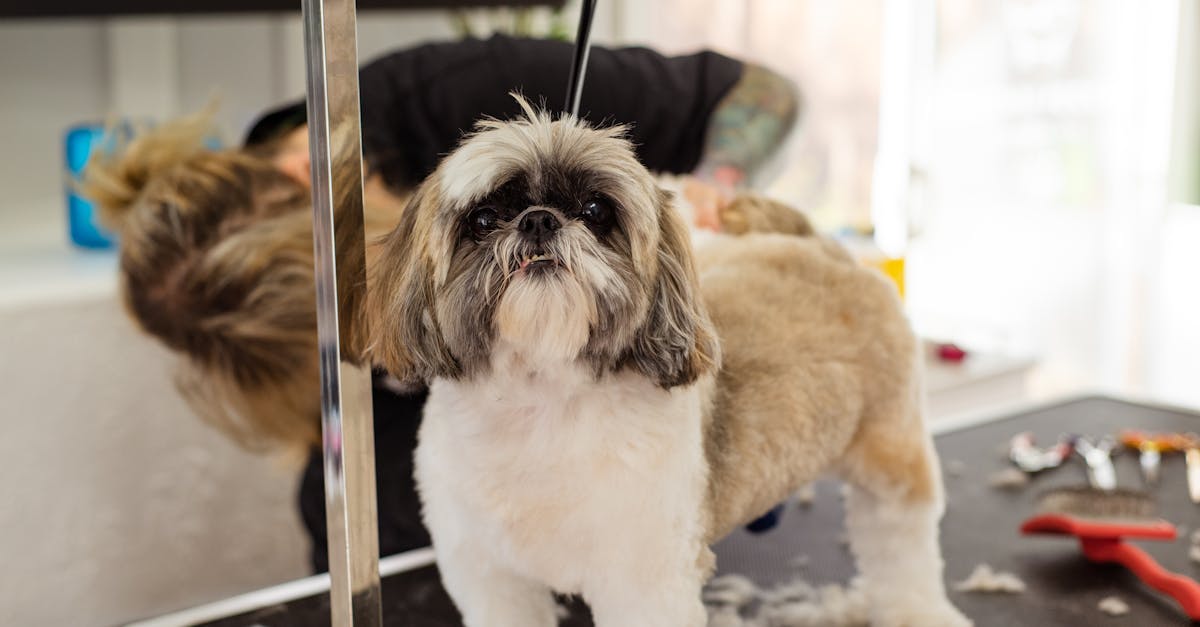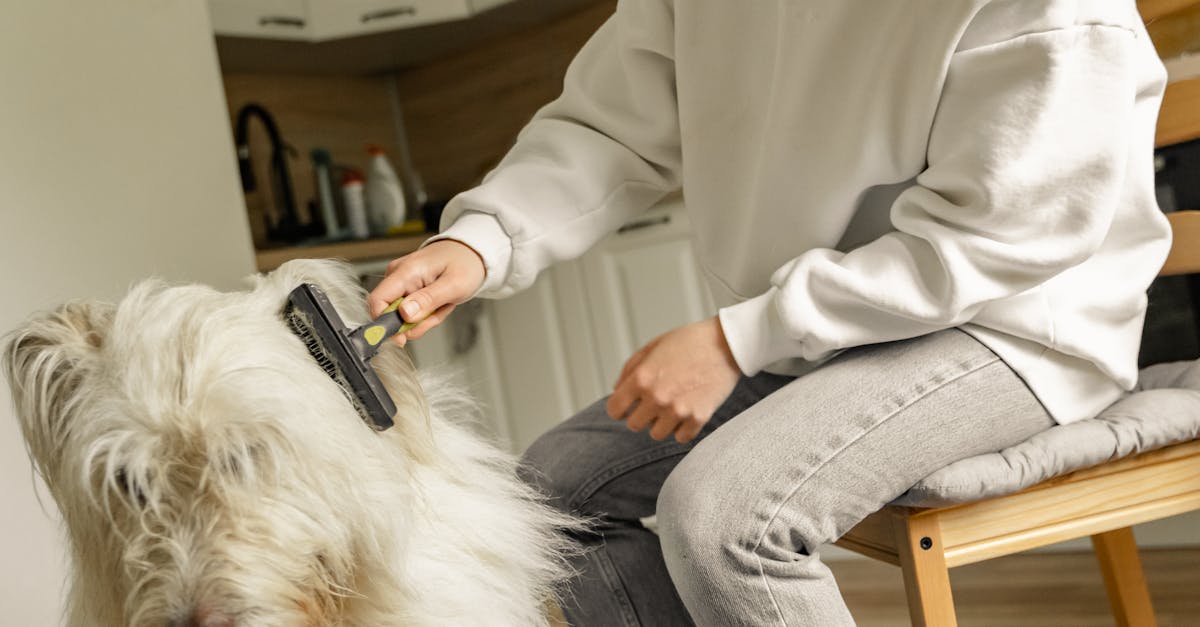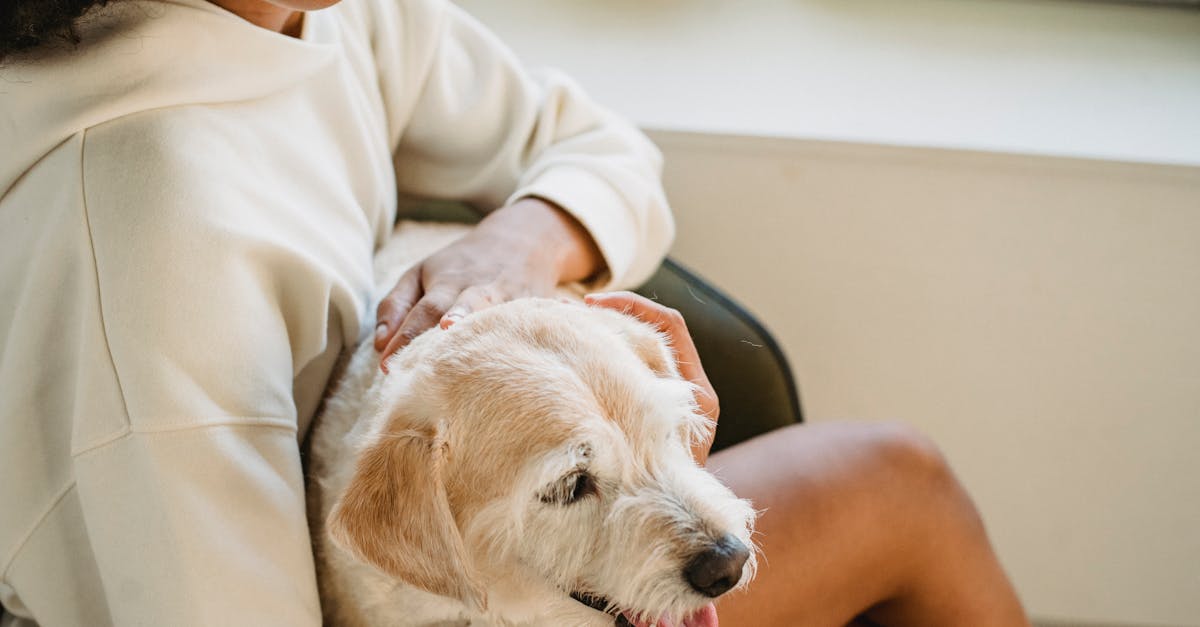The Overlooked Aspect of Pet Grooming
When it comes to pet grooming, many pet owners believe they have it all figured out. They bathe their pets regularly, brush their fur, and ensure their nails are trimmed. However, there’s one critical aspect that often gets overlooked—the grooming environment. This might sound strange, but the environment in which you groom your pet can have a significant impact on their overall well-being and the effectiveness of the grooming process.
Why the Grooming Environment Matters
Picture this: You’re trying to groom your pet in a noisy, chaotic room. The television is blaring, children are running around, and your pet is visibly stressed. From what I’ve seen, this kind of environment can turn grooming into a traumatic experience for pets, making them anxious and uncooperative.
Interestingly enough, the grooming environment can affect not just the pet’s behaviour but also the groomer’s efficiency. A calm, quiet, and well-lit space can make the grooming process smoother and more enjoyable for both parties involved.
Creating the Ideal Grooming Space
To put it simply, creating the ideal grooming space involves a few key elements:
- Quiet Atmosphere: Minimise noise distractions. Turn off the TV and radio, and ensure the environment is as serene as possible.
- Proper Lighting: Good lighting is essential for spotting any skin issues, ticks, or other concerns that might be hidden under your pet’s fur.
- Comfortable Temperature: Ensure the room is neither too hot nor too cold. Pets, like humans, prefer a comfortable temperature during grooming.
- Non-Slip Surface: A non-slip mat can prevent your pet from slipping and getting injured during grooming.
- Organised Tools: Keep all grooming tools within reach. An organised space reduces the time spent searching for tools, making the process more efficient.
The Importance of Regular Grooming
Health Benefits
Grooming is not just about keeping your pet looking good; it’s also crucial for their health. Regular grooming can help identify health issues early on, such as skin infections, parasites, and even lumps that could indicate more serious conditions. I’ve often wondered how many health issues could be prevented or mitigated through regular grooming checks.
Psychological Benefits
From what I’ve noticed, regular grooming can also have psychological benefits for pets. It creates a bonding experience between the pet and the owner, fostering trust and reducing anxiety. If you’re like me, you probably enjoy those quiet moments with your pet, where the act of grooming becomes a form of communication and care.
Social Benefits
For those who take their pets to social events or dog parks, regular grooming ensures that your pet is always looking their best. A well-groomed pet is often more accepted and admired in social settings, which can be beneficial for both the pet and the owner.
Common Mistakes in Pet Grooming
Using the Wrong Tools
One thing I’ve learned is that using the wrong grooming tools can do more harm than good. For example, a brush that’s too harsh can irritate your pet’s skin, while a dull nail clipper can cause painful splits in the nails. You might find this helpful: always invest in high-quality grooming tools designed specifically for your pet’s breed and size.
Inconsistent Grooming Schedule
I couldn’t help but notice that many pet owners are inconsistent with their grooming schedules. The truth is, irregular grooming can lead to matting, skin infections, and other health issues. Establishing a consistent grooming routine is essential for maintaining your pet’s health and well-being.
Ignoring Specific Needs
Different pets have different grooming needs. For instance, long-haired breeds require more frequent brushing to prevent matting, while short-haired breeds may need regular baths to keep their skin healthy. I’ve come to realize that understanding your pet’s specific grooming needs is crucial for effective grooming.
How to Improve Your Pet’s Grooming Routine
Educate Yourself
There’s something to be said for educating yourself about your pet’s grooming needs. Looking back, I remember a time when I didn’t know the specific grooming requirements for my breed of dog. It dawned on me that a little research could go a long way. Numerous resources, including books, online articles, and professional groomers, can provide valuable insights.
Invest in Quality Tools
As someone who has spent years grooming pets, I’ve found that investing in quality tools makes a significant difference. High-quality brushes, combs, clippers, and shampoos not only make the grooming process easier but also ensure your pet’s comfort and safety.
Establish a Routine
Consistency is key. Establish a grooming routine that fits your schedule and stick to it. Personally, I’ve found that setting aside specific days for grooming helps me stay on track. For example, brushing every other day and bathing once a month can keep your pet’s coat healthy and clean.
Seek Professional Help
You’d be surprised how beneficial professional grooming services can be. While regular at-home grooming is essential, professional groomers have the expertise and tools to handle more complex grooming tasks. I guess you could say they can spot issues that might go unnoticed by the untrained eye.
The Role of Diet in Grooming
Nutritional Impact on Coat Health
It’s interesting that diet plays a significant role in the health of your pet’s coat. A balanced diet rich in essential fatty acids, vitamins, and minerals can result in a shiny, healthy coat. I was struck by how quickly dietary changes could improve my pet’s coat condition.
Common Dietary Issues
From what I’ve seen, many pets suffer from dietary deficiencies that affect their coat and skin health. Common issues include dry skin, excessive shedding, and dull fur. To put it simply, a poor diet can make grooming more challenging and less effective.
Supplements and Special Diets
If you’re like me, you want the best for your pet. Sometimes, a regular diet may not be enough to meet all your pet’s nutritional needs. Supplements like fish oil, biotin, and omega-3 fatty acids can significantly improve coat health. I’d like to share that consulting with a veterinarian can help you determine the best dietary plan for your pet.
The Psychological Aspect of Grooming
Building Trust
There’s something to be said for the trust-building aspect of grooming. Regular grooming sessions can strengthen the bond between you and your pet. I’ve learned that a calm, patient approach can make a world of difference. In my own life, I’ve seen how my pets have become more relaxed and cooperative over time.
Reducing Anxiety
You can probably relate to the anxiety pets often feel during grooming. What I’ve noticed is that creating a positive grooming experience can significantly reduce this anxiety. Using treats, praise, and gentle handling can make grooming a more enjoyable experience for your pet.
Behavioural Improvements
Interestingly enough, regular grooming can also lead to behavioural improvements. A well-groomed pet is often more comfortable and less irritable. I’ve often wondered if the act of grooming itself has a calming effect on pets, similar to how a massage can relax humans.
The Financial Aspect of Grooming
Cost of Professional Grooming
You won’t believe how much money can be saved by incorporating regular at-home grooming into your routine. While professional grooming services are beneficial, they can be expensive. From what I’ve seen, many pet owners spend hundreds of pounds annually on professional grooming.
Cost of Grooming Tools
On that note, investing in high-quality grooming tools can be a cost-effective alternative. While the initial investment may seem high, these tools can last for years and significantly reduce the need for frequent professional grooming visits.
DIY Grooming Tips
I’d like to share some DIY grooming tips that can save you both time and money:
- Brush Regularly: Regular brushing can prevent matting and reduce the need for frequent baths.
- Trim Nails Carefully: Use a high-quality nail clipper and take your time to avoid cutting the quick.
- Clean Ears and Teeth: Regular ear and teeth cleaning can prevent infections and reduce veterinary costs.
Taking the Next Steps
Educate and Equip Yourself
I’ve come to realize that the more educated and equipped you are, the better you can care for your pet. Invest time in learning about your pet’s specific grooming needs and equip yourself with the right tools.
Establish a Routine
It’s interesting that a simple routine can make a significant difference. Set aside specific days for grooming tasks and stick to them. Consistency will make the process easier for both you and your pet.
Seek Professional Advice
You might find this helpful: Consult with professional groomers and veterinarians to get personalised advice. They can provide insights and tips tailored to your pet’s needs.
Monitor and Adjust
Looking back, I’ve noticed that monitoring your pet’s response to grooming and making necessary adjustments can improve the experience. Pay attention to how your pet reacts and adjust your techniques and tools accordingly.
Final Thoughts
That reminds me of a time when I struggled with grooming my first pet. It was a learning curve, but with patience, education, and the right tools, I was able to turn it into a positive experience. I guess you could say that grooming is not just a task but a journey of bonding and care.
If you’re like me, you want the best for your pet. By avoiding common mistakes and focusing on creating a positive grooming environment, you can ensure that your pet remains healthy, happy, and well-groomed. I couldn’t help but notice how these small changes can make a significant difference in the overall grooming experience.
So, let’s dive into this journey of better pet grooming together. Personally, I’ve found that the effort is well worth the rewards. Your pet will thank you, and you’ll enjoy the satisfaction of knowing you’re providing the best care possible.
Feel free to share your own grooming experiences and tips in the comments below. I was struck by how much we can learn from each other. Happy grooming! 🐾













